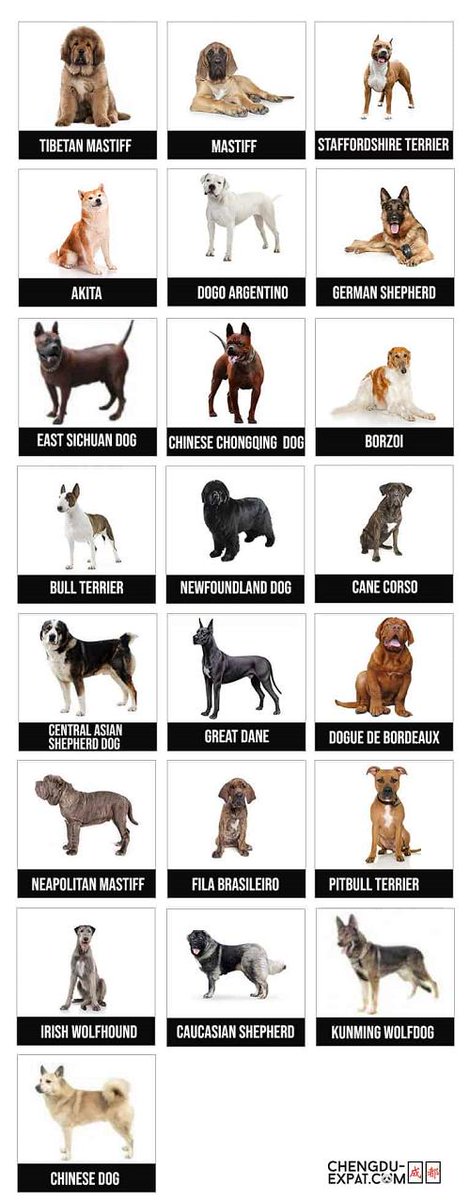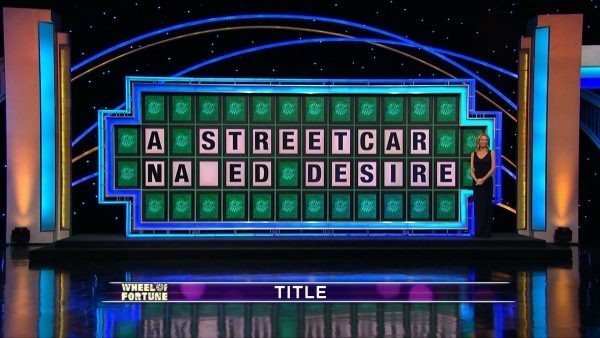I decided to repost after reading one of his examples and having it square with what we had posted here on the blog. See after the jump.
Thanks to a friend.
From the Twitter feed of Adam Townsend via Threadreader:
Thread about China, Culture, Huawei, IP theft & 5g.
You are about to become an expert and the life of any party (results may vary) Lets begin... U.S. goods & services trade w/China was $737b in 2018
Exports were $179b. imports were $557b.Our trade deficit with China is $378b
To resolve this generational and untreated deficit, in the summer of 2018, the President Trump initiated 25% tariffs on $15 billion in imports from China. China retaliated against US exports of agricultural and other products.The US in September 2018 imposed 25% tariffs on second $35 billion in imports from China in response to China retaliation. China retaliated again.US then imposed 10% tariffs on $200b in imports from China with a trigger of January 1, 2019 for tariffs to increase to 25%. They were granted an extension. The first 50b of the 200b is ‘Ad Valorem Duties’ - in proportion to the estimated value of the goods or transaction
In Early March, 2019, notifying the world as only Trump can...with a tweet, the suspension was removed and tariffs were increased to 25% and a NEW 25% duty would be imposed on the remaining $325 billion worth of imports from China “shortly”.
The trade war has been yielding billions to the Treasury billions of dollarsBecause of the existing US trade deficit the US could weather a trade war much better than China. We’ve got nowhere to go but up, China has nowhere to go but down. Now we are negotiating whether its a plunge or a trip.301. You’ve heard of this, your about to find out what it is. Buckle up.In August 14, 2017, President Trump instructed US Trade Representative Robert LIghthizer to investigate under “section 301” several urgent issues:(abbreviating)
1. Chinese government utilizing opaque & discretionary administrative approval processes, joint venture requirements & other mechanisms in order to require or pressure the transfer of technologies & IP to Chinese companies.2. Policies and practices that deprive U.S.companies of the ability to set market-based terms in licensing and other technology related negotiations and undermine U.S. companies’ control over their technology in China.3. The Chinese government reportedly directs and/or unfairly facilitates the systematic investment in, and/or acquisition of, U.S. technology companies4. Determine if the Chinese government is conducting or supporting unauthorized intrusions into U.S. commercial computer networks or cyber enabled theft of IP, trade secrets, or confidential business information
The report lists ten IP Agreements the Chinese government signed from 2010 to 2016,
All those agreements between the US and China were (drumroll) breached.China ignored its obligations and continued its cyber hacking to steal US IP. Its excuse has been that it is still a poor, developing country, and deserves a pass from its commitments. They challenged Bush and Obama. They won. They also bribed a lot of people, they won that too.They bribed Mitch McConnell and his wife, Cabinet member Elaine Chao theintercept.com/2018/02/05/mit…
And they enlisted DC mercenaries, China paid exorbitant fees, it was their war plan to attack from within
IP theft and technology transfer, let’s delve…
🔥 intermission. Several major China cities have banned big dogs!

Calc’ing the value of IP is thorny. One way is to approximate what pilfered IP would take in the market. But this schema is tricky… If/when China steals IP and can’t figure out how to make a product with it, the loss from the theft is zero. If the calc is measured by competing products, and there aren’t any, the harm could be zero, there is likely no market for a square wheel.
Stolen IP doesn't mean that the pilfer’d has lost the ability to make the product. What has happened is that it now faces a new competitor. China disregards its commitments to trade agmts and WTO obligations...and it cripples foreign competition...It has created a protected Chinese market, gives its internal companies subsidies for foreign sales & imposes NONTARIFF barriers to hobble American companies. It’s a logical strategy, but flouts the rules and it's been permitted, bribes do that.Stealing IP doesn't solve all of China’s schemes, they also need the technical and manufacturing proficiency to make the product. Here’s an example of that in motion: An airplane…
China used to make crappy Russian airplanes from crappy factories. China wanted to change that and become ‘competitive’. China announced it wanted to buy billions in Western planes, the good stuff. Western firms rushed to sell it aircraft...HOWEVER...China required COproduction,Chinese companies must work w/Western aircraft firms to the pane and parts. This went on for 2 decades and it taught Chinese companies essential production know-how. This is ‘tech transfer’ - it’s not IP theft. The problem is not that China builds airplanes/parts, it IS that
China uses its Gov subsidies and insists that its domestic airlines ‘buy Chinese’ and has installed barriers to foreign cos to gain an insurmountable advantage.
🔥 intermission.
Vox investigates: Is it really fun to stay at the YMCA
Vox investigates: Is it really fun to stay at the YMCA
Here’s a bloody example, it cost America 800 jobs and wiped out an American company...It’s called AMSC, an American wind turbine company aka ‘clean energy’
China-based Sinovel was its biggest customer.Sinovel, fulfilling China’s ambitions, aimed to be the world’s largest wind turbine manufacturer.
In 2010, Sinovel had a bigly problem. It needed to QUICKLY retrofit thousands of its turbines to meet Chinese Government standards...But doing so would hit company’s profits, so it licensed the crucial tech it needed.So.. Sinovel R&D managers stole the AMSC tech. China's Sinoval was quotes as saying that R&D is “like cabbage”, so why not just take it?
After AMSC confirmed that Sinovel had swiped its tech, AMSC built in encryption to ensure Sinovel would continue to pay AMSC for its licensed software.To work around this, Sinovel found itself a China loyal Sinoval ee to steal the encryption. It cost China only 2m for the bribeWith all the tech stolen and the capacity and knowledge to build it for themselves, Sinoval reneged on $100m+ in outstanding fees due AMSC. This nearly destroyed AMSC and 800 jobs were terminated within AMSC. Not only has Sinoval done all this, they were now direct competitor
and sold their product into the world’s markets at an impossibly low price, because it was subsidized by the Chinese Government, that also owned 18% of the company.Two more wondrous examples. China stole Monsanto’s genetically modified corn seeds from a very large Iowa farming company. They also swiped genetically modified rice from Ventria Bioscience, a U.S. pharma company
Here’s a final, bloodier example, cyberhacking acquired produced tech/IP/ that were incorporated into the latest version of China’s J-20 stealth fighter jet
So, here we are. The actions authorized under Section 301(c) include (abbreviated) (i) suspending or withdrawing the application of benefits of trade agreement concessions; (ii) imposing duties, fees, or other import restrictions (iii) withdrawing or suspending preferential
treatment (iv) entering into binding agreements that commit the foreign country to provide compensatory trade benefits; or (v) restricting or denying the issuance of federal permits or other authorizations.
And...the USTR may take any actions that are “within the President’s power with respect to trade in goods or services, or with respect to any other area of pertinent relations with the foreign country.SECTION 301 PROCEDURESOn January 31, 2019, after a round of negotiations were completed, the White House issued the attached statement:
“The talks covered a wide range of issues, including (abbreviated): (1) the ways in which US companies are pressured to transfer technology (2) the need for stronger protection of IP rights in China; (3) the numerous tariff and non-tariff barriers faced by U.S. co’s in China; (4)....
....MUCH MORE
Some of our posts on the Sinovel/AMSC affair:
January 29, 2018
"Chinese Company Sinovel Wind Group Convicted of Theft of Trade Secrets" (AMSC)
Back in 2011 we noted the thefts:
"Clean Energy, China-Style: Sex, Cash and Stolen Technology" (AMSC)
January 27, 2012
American Superconductor Sues Former Chinese Customer for Theft of Trade Secrets (AMSC)
May 2011
"Is Sinovel Planning to Replace American Superconductor?" (AMSC)
April 7, 2011
American Supercondutor: Here Come the Class Action Attorneys (AMSC)
April 6, 2011
American Superconductor: Après le déluge Analysts React (AMSC)
April 5, 2011
UPDATED: American Superconductor Warns, Stock Collapses (AMSC)
December 2010
Technology Review's 50 Most Innovative Companies (GE; AMSC; FSLR; DD)


